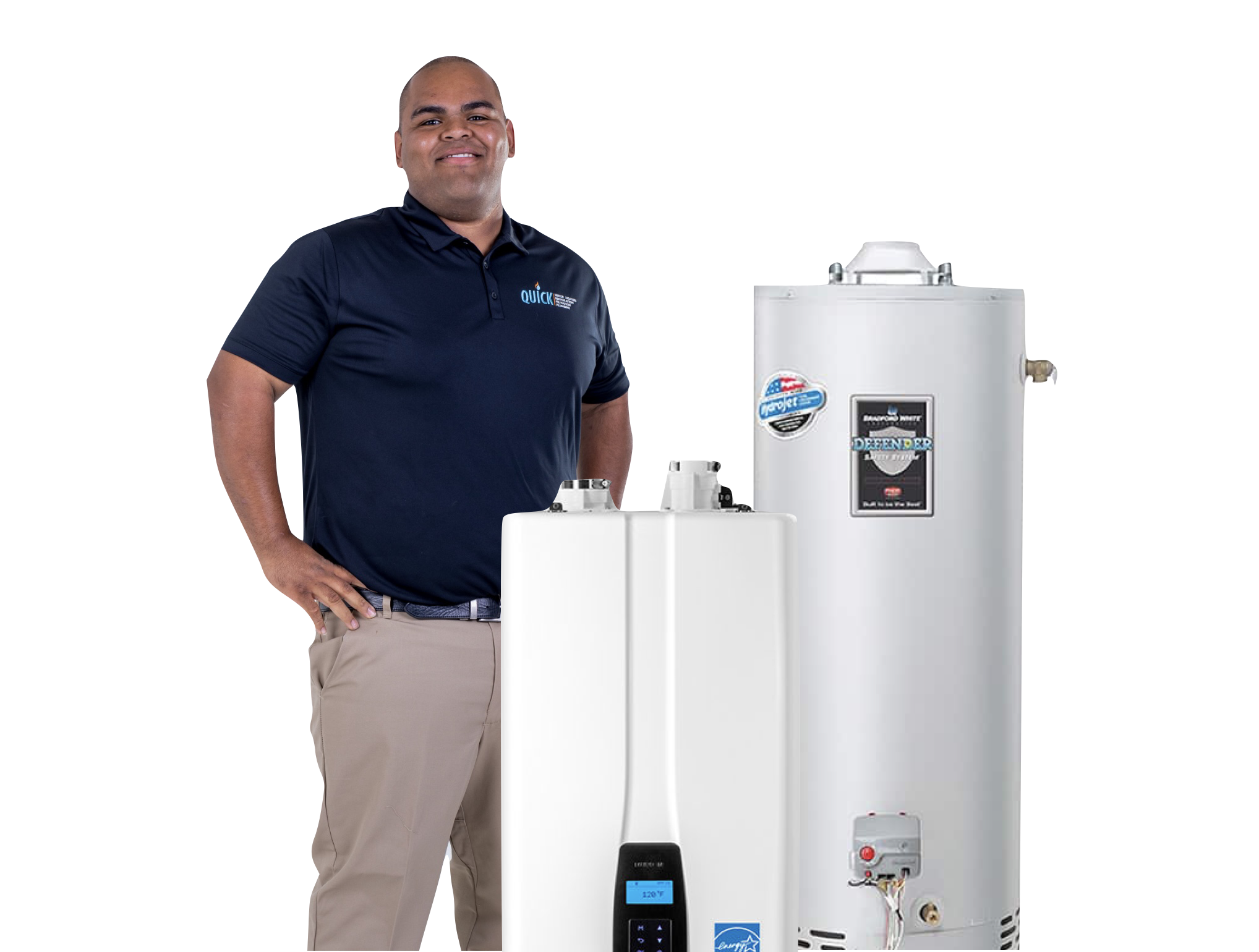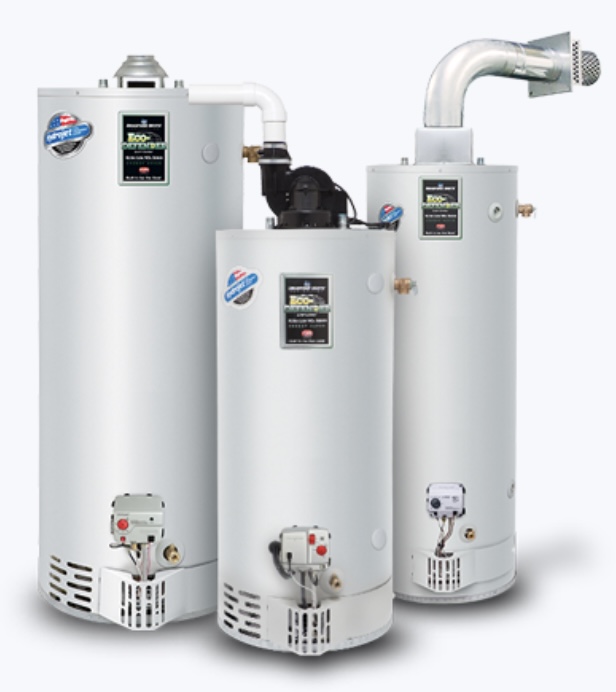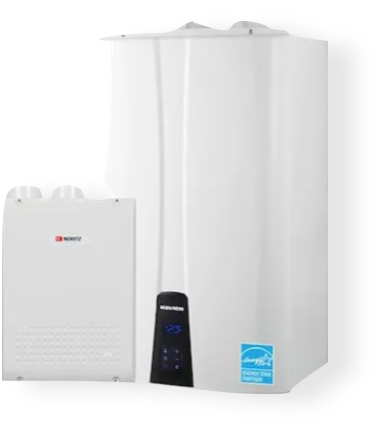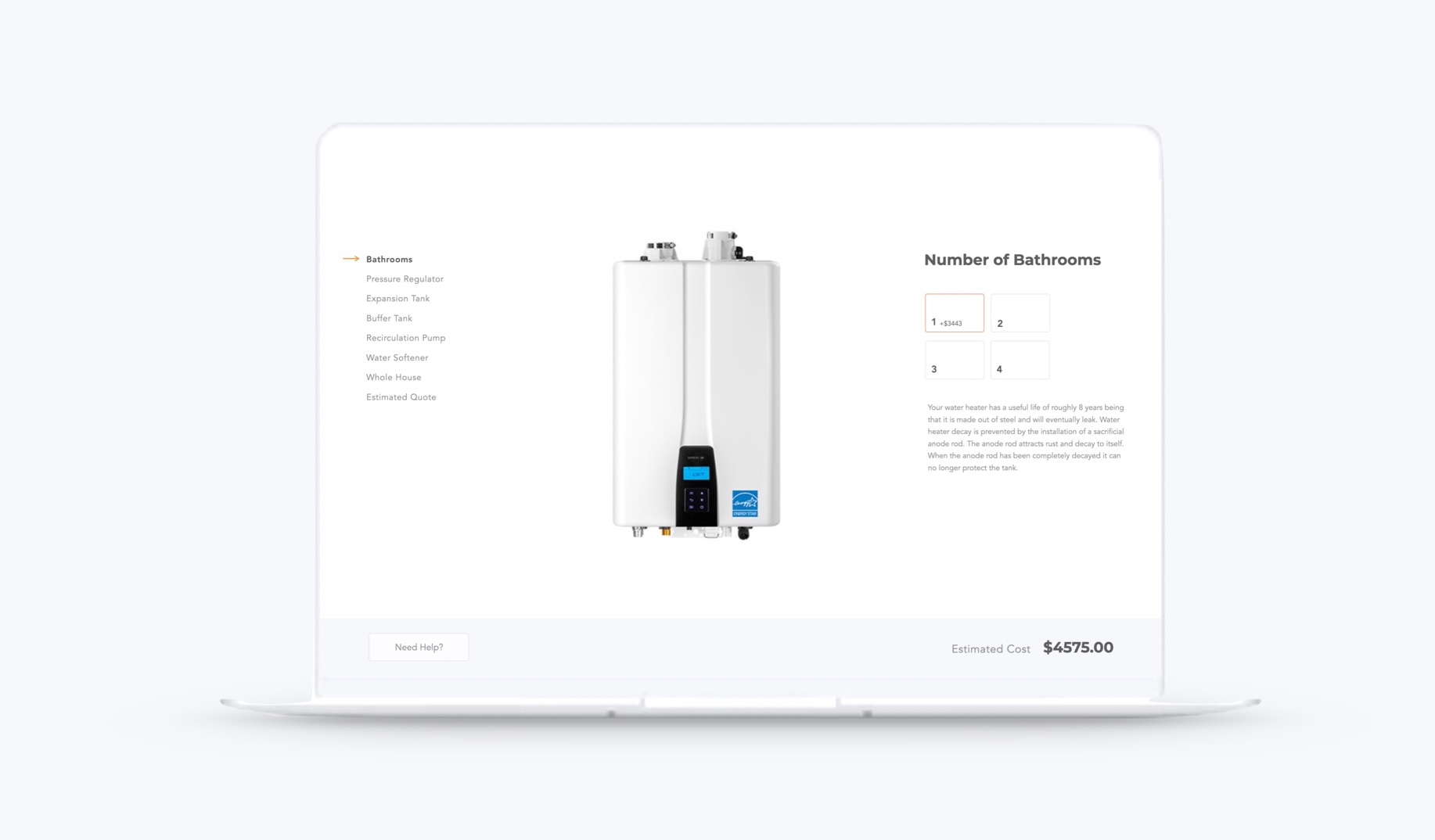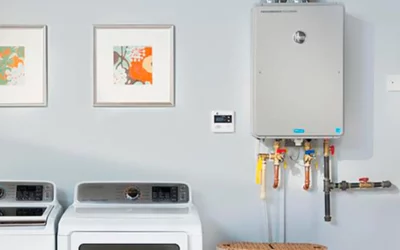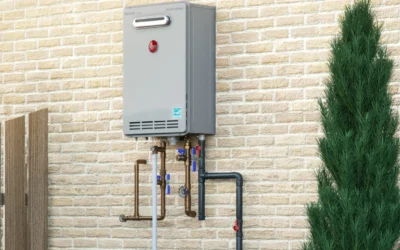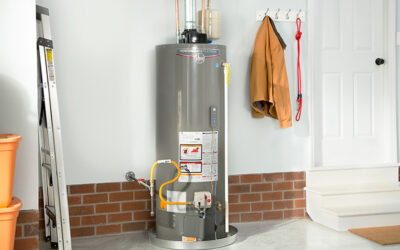Diagnosing and repairing an electric hot water heater is an essential skill for any homeowner. Whether you are experiencing a lack of hot water or noticing other issues with your unit, it’s important to address the problem promptly to avoid further complications. In this guide, we will provide you with step-by-step instructions and troubleshooting tips to help you identify the source of the problem, test the heating elements and thermostat, and replace any faulty components. By following these guidelines, you can save time and money by resolving many common issues with your electric hot water heater on your own.
Diagnosing an Electric Hot Water Heater Repair
Learn how to diagnose common issues with your electric hot water heater in order to effectively repair it.
Common Issues with Electric Hot Water Heaters
Common issues with electric hot water heaters can range from minor problems to more serious malfunctions. Some common issues include a lack of hot water, inadequate water temperature, strange noises coming from the unit, leaks, and frequent cycling on and off. These issues can be caused by various factors such as a faulty heating element, a malfunctioning thermostat, sediment buildup in the tank, or a leak in the plumbing system. It is important to address these issues promptly to ensure the efficient operation of your electric hot water heater and to avoid potential damage or safety hazards.
Signs That Your Electric Hot Water Heater Needs Repair
When it comes to your electric hot water heater, there are certain signs that indicate it may be in need of repair. These signs should not be ignored, as they can potentially lead to more serious issues if left unattended. One common sign is a lack of hot water or inconsistent temperature. If you find that your hot water is not as hot as it used to be or that it runs out quickly, it could be an indication of a problem with your heater. Another sign to watch out for is strange noises coming from the unit, such as popping, cracking, or rumbling sounds. These noises could be a result of sediment buildup or a faulty heating element. Additionally, if you notice water pooling around the base of your water heater or signs of leakage, it is important to address the issue promptly as it can lead to water damage or further complications. Lastly, if your electric hot water heater is older and has been requiring frequent repairs, it may be more cost-effective to replace it rather than continuing to repair it. Overall, being aware of these signs can help you detect potential issues with your electric hot water heater and take the necessary steps to address them.
Electric Hot Water Heater Repair Tips
Get expert tips and advice for repairing your electric hot water heater, including important safety precautions, the tools you’ll need, and a step-by-step guide to fixing common issues.
Important Safety Precautions
When performing repairs on your electric hot water heater, it is crucial to prioritize safety precautions. By following these important safety guidelines, you can minimize the risk of accidents or injuries. Firstly, make sure to turn off the power supply to the water heater at the circuit breaker before beginning any repairs. This will prevent any electrical shocks or hazards. Additionally, it is advisable to wear protective gear such as gloves and safety goggles to protect yourself from potential burns or chemical exposure. Always exercise caution when working with hot water or heating elements, as they can cause severe burns. Lastly, if you are unsure about any aspect of the repair process or feel uncomfortable handling electrical components, it is always best to seek professional assistance. Safety should always be the top priority when repairing an electric hot water heater.
Tools Required for Electric Water Heater Repair
To successfully repair an electric water heater, you will need a set of essential tools. These tools are necessary to diagnose and fix any issues that may arise. Here is a list of the tools required for electric water heater repair:
– Multimeter: A multimeter is used to measure voltage, resistance, and continuity. It helps in troubleshooting electrical problems and determining if components are functioning correctly.
– Screwdrivers: Different sizes and types of screwdrivers are needed to remove panels and access various parts of the water heater.
– Adjustable wrench: An adjustable wrench is essential for loosening and tightening nuts and bolts.
– Pliers: Pliers are useful for gripping and turning objects, such as removing and installing electrical connectors.
– Wire cutters/strippers: These tools are necessary for cutting and stripping wires when replacing faulty components.
– Pipe wrench: A pipe wrench is useful for loosening and tightening pipe fittings during repairs or replacements.
– Bucket: A bucket is needed to collect water that may spill during the repair process.
– Flashlight: A flashlight will help you see in dark or tight spaces when inspecting the water heater.
– Safety gloves and goggles: It is crucial to protect your hands and eyes while working on an electric water heater. Safety gloves and goggles will shield you from potential hazards.
Having these tools ready before starting the repair ensures that you can work efficiently and safely.
Step-by-Step Guide to Repairing an Electric Hot Water Heater
When repairing an electric hot water heater, it is crucial to follow a step-by-step guide to ensure a successful repair. By following a systematic approach, you can identify and address the issues affecting your electric hot water heater effectively. Start by turning off the power supply to the heater to prevent any accidents or electrical shocks. Then, drain the water from the tank to access the components that need repair. Next, inspect the heating elements and thermostat for any signs of damage or malfunction. If necessary, replace any faulty components with new ones. Finally, refill the tank with water, turn on the power supply, and test the heater to ensure it is functioning properly. By following these steps, you can efficiently repair your electric hot water heater and restore its functionality.
Electric Water Heater Repair Troubleshooting
Learn how to troubleshoot and identify the source of problems with your electric water heater, including testing the heating elements and thermostat, as well as replacing faulty components.
Identifying the Source of the Problem
When it comes to troubleshooting and repairing an electric water heater, one of the first steps is identifying the source of the problem. This is crucial in order to determine the appropriate solution and avoid unnecessary repairs or replacements. There can be various reasons why an electric water heater may malfunction, such as a faulty thermostat, heating element, or a wiring issue. By carefully examining the unit and conducting tests, it is possible to pinpoint the exact source of the problem and proceed with the necessary repairs. Remember to follow safety precautions and refer to the manufacturer’s guidelines when identifying and addressing the issue.
Testing the Heating Elements and Thermostat
To test the heating elements and thermostat of your electric hot water heater, you will need a few tools and follow a step-by-step process. First, make sure to turn off the power to the heater at the circuit breaker. Then, use a multimeter to check the continuity of the heating elements. Set the multimeter to the resistance or ohms setting and touch the probes to the terminals of each heating element. If the multimeter reads a resistance close to zero, the heating element is functioning properly. Next, you can test the thermostat by adjusting the temperature setting and measuring the voltage across the terminals using the multimeter. If there is no voltage or if the temperature does not change when adjusting the thermostat, it may need to be replaced. It is important to follow all safety precautions and consult a professional if you are unsure about any steps of this process.
Replacing Faulty Components
To replace faulty components in your electric water heater, you will need a few tools and follow a step-by-step process. First, ensure that the power to the water heater is turned off. Next, gather the necessary tools such as a screwdriver, multimeter, and replacement parts like heating elements or thermostats. Begin by removing the access panel on the water heater to gain access to the components. Use the multimeter to test the faulty component and confirm its malfunction. Once identified, carefully disconnect the wires and remove the faulty component. Install the new component by connecting the wires and securing it in place. Finally, replace the access panel and turn on the power to the water heater to check if the issue has been resolved. Remember to always prioritize safety and consult a professional if you are unsure about any step in the process.
How to Repair an Electric Water Heater
Learn how to effectively repair your electric water heater with step-by-step instructions and common DIY repairs, as well as when it’s best to call a professional for assistance.
Common DIY Repairs for Electric Water Heaters
Common DIY repairs for electric water heaters can help you troubleshoot and fix minor issues without the need for professional assistance. Some common DIY repairs include checking and tightening electrical connections, replacing faulty heating elements or thermostats, flushing the tank to remove sediment buildup, and insulating the water heater to improve energy efficiency. It is important to follow safety precautions and refer to the manufacturer’s instructions when attempting any DIY repairs. However, if the problem persists or if you are unsure of how to proceed, it is recommended to call a professional for electric water heater repair.
When to Call a Professional for Electric Water Heater Repair
Knowing when to call a professional for electric water heater repair is essential to ensure the safety and efficiency of your unit. While some minor issues can be resolved with DIY repairs, there are certain situations where professional assistance is recommended. If you encounter complex electrical problems, such as faulty wiring or issues with the circuit breaker, it is best to seek the expertise of a licensed electrician. Additionally, if you notice water leakage, strange noises, or a significant drop in hot water supply, it is advisable to call a professional plumber who specializes in water heater repair. Quick Water Heater, a reputable water heater service company in San Diego County, is an excellent example of a reliable provider that offers professional assistance for electric water heater repairs. They have a team of skilled technicians who can diagnose and resolve any issues efficiently, ensuring the optimal performance of your electric water heater.
FAQs – Electric Water Heater Repair
In the FAQs section of this article, you will find answers to common questions related to electric water heater repair, including maintenance frequency, DIY repairs, troubleshooting steps, and whether it is more cost-effective to repair or replace an old electric water heater.
1. How often should I perform maintenance on my electric water heater?
Regular maintenance for electric water heaters should be performed at least once a year to ensure optimal performance and prevent potential issues.
2. Can I repair an electric water heater on my own?
Yes, it is possible to repair an electric water heater on your own, but it is important to have the necessary knowledge, skills, and tools to ensure a safe and effective repair.
3. What should I do if my electric water heater is not producing hot water?
If your electric water heater is not producing hot water, there are a few troubleshooting steps you can take to identify and potentially resolve the issue.
4. How long does it take to repair an electric water heater?
Repairing an electric water heater can vary in time depending on the specific issue, but it typically takes a few hours to complete.
5. Is it cost-effective to repair an old electric water heater, or should I replace it?
When deciding whether to repair or replace an old electric water heater, it is important to consider the cost-effectiveness of each option.


